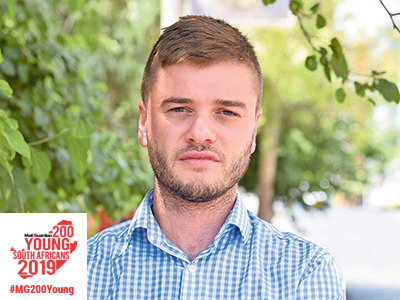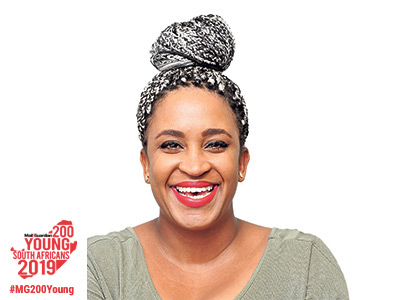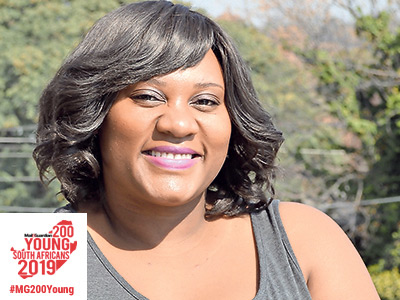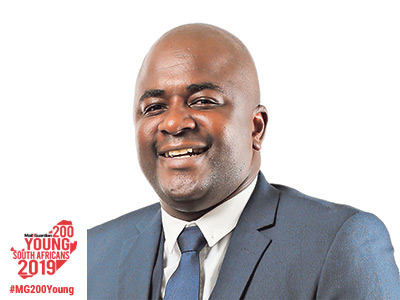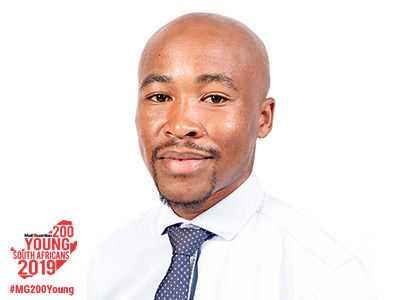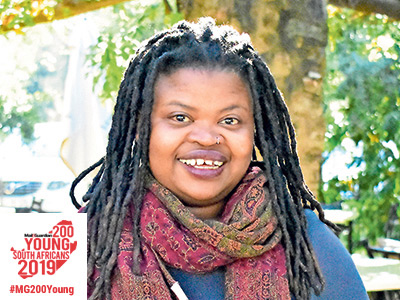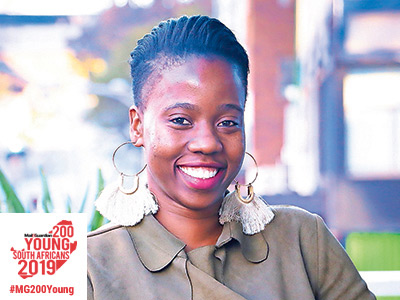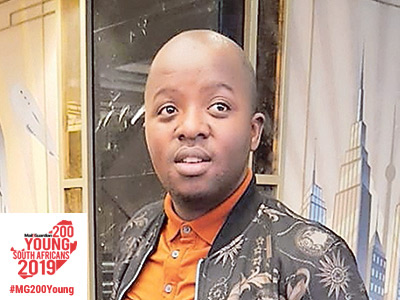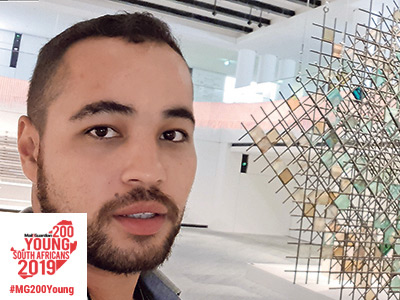Thirty-year-old Richard McLaverty’s role as the advocacy coordinator for the non-governmental coordination committee for Iraq (NCCI), a forum of over 180 Iraqi and international NGOs working across Iraq, is to provide aid to civilians affected by conflict. It involves collecting, analysing and disseminating information on the Iraq context, and working with partners to ensure a coordinated and effective response.
On a day-to-day basis, he communicates with various stakeholders including government authorities, embassies, donors, United Nations agencies and advocacy campaigns and policy colleagues from a range of humanitarian and development organisations.
In a day he could be briefing diplomats about NGO operations and the challenges they face, meeting a prospective donor, hosting a visiting delegation or facilitating coordination meetings. His job is to translate the reality of what is happening on the ground into what could lead to meaningful high-level interventions.
He notes that it is important to ensure that people on the ground know and work in the framework of humanitarian principles, ensuring that aid workers establish relationships and partnerships with the communities they serve and being accountable to them.
“It is important for people in our positions to constantly remind ourselves and continue to ask those sometimes difficult questions: Why we do what we do? Who we speak on behalf of? And why? Who gives us the right to be here?” he says.
For him, doing a good job comes down to knowing your constituency, establishing and maintaining relationships, being approachable and accessible, having clear and open lines of communication, a degree of adaptability and being open to criticism.
McLaverty has served on the UN Humanitarian Country Team and in doing so has received an overview and understanding into the humanitarian context and operations in Iraq. He acknowledges that he’s been fortunate to have had access to senior UN officials and diplomats, and to use the space to raise concerns from the humanitarian community, and provide some insight into the workings of NGOs in Iraq.
He also sits on a number of other committees including the protection from sexual exploitation and sexual abuse network, the Iraq humanitarian fund advisory board, and others. His career highlights include contributing to Iraq’s humanitarian response plan for 2018 and 2019, and being able to coordinate a UN cluster.
“It’s rewarding when your work is recognised around the world by senior stakeholders in high level discussions. It means the message on the ground has been heard and relayed,” he says.
Lots of caffeine is what keeps him going, as well as having an incredible social circle in Iraq, and friends and loved ones in South Africa. McLaverty holds a Masters of Science in African Studies (Politics), from the University of Oxford (St Antony’s College), an honours degree in Political Communication and Bachelor of Social Science in Politics and Sociology, both from the University of Cape Town. —Welcome Lishivha
LinkedIn: Richard McLaverty
